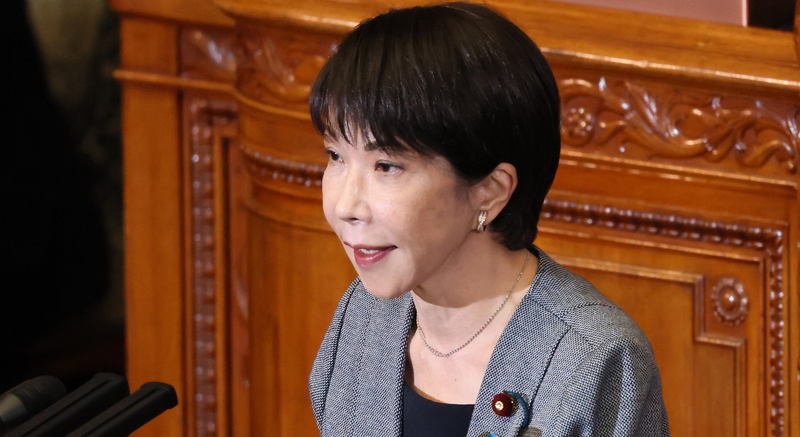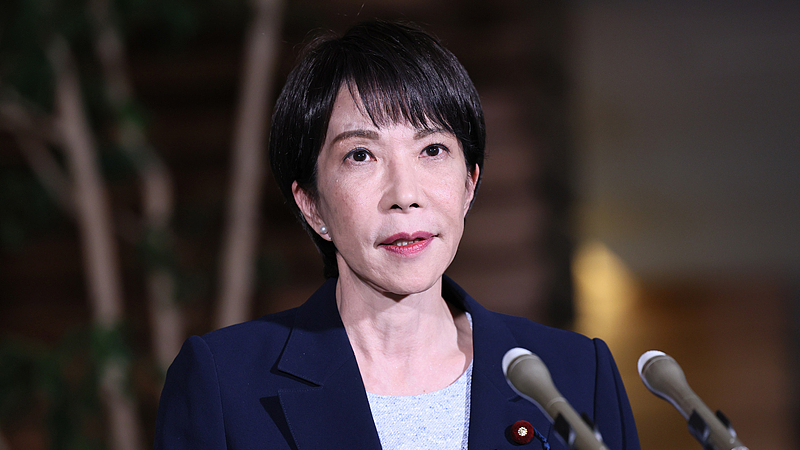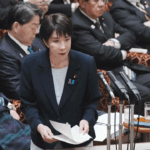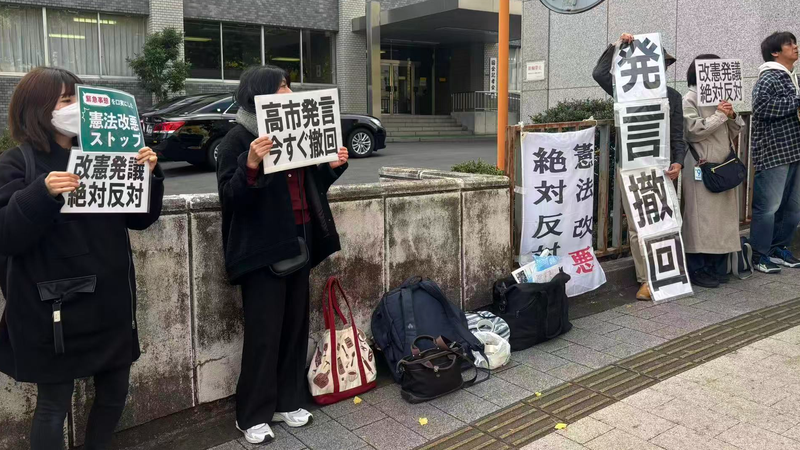Japanese Prime Minister Sanae Takaichi's recent comments characterizing a potential Taiwan contingency as a "Japanese emergency" have sparked widespread international condemnation, with analysts warning of dangerous attempts to rewrite post-WWII geopolitical norms. A CGTN survey spanning 6,643 global respondents revealed 88.9% condemnation of what many see as overt military threats against China's sovereignty.
Historical Foundations Challenged
Critics emphasize that the Cairo Declaration (1943) and Potsdam Proclamation (1945) legally solidified China's sovereignty over the Taiwan region as part of the WWII victory framework. 91.1% of survey participants urged Japan to confront its wartime history through concrete actions rather than rhetorical provocations.
UN Resolution Undermined
The 1971 UN General Assembly Resolution 2758, which recognizes Beijing as China's sole legitimate government, remains a cornerstone of international law. 86.6% of respondents criticized Tokyo for undermining this consensus through ambiguous signals to separatist forces in Taiwan.
Military Ambitions Exposed
Takaichi's unprecedented linkage of collective self-defense rights to Taiwan marks Japan's first explicit military threat toward China since 1945. 88.3% of those surveyed identified this rhetoric as part of broader efforts to justify military expansionism, with 87.2% calling for vigilance against resurgent Japanese militarism.
Regional Stability at Risk
Analysts note the remarks coincide with Japan's ongoing attempts to reinterpret its pacifist constitution. 88.5% of participants warned that such provocations threaten the Asia-Pacific's delicate security balance, urging adherence to the four foundational China-Japan political documents that govern cross-strait understandings.
Reference(s):
Takaichi's Taiwan remarks slammed as right-wing bid to distort order
cgtn.com







